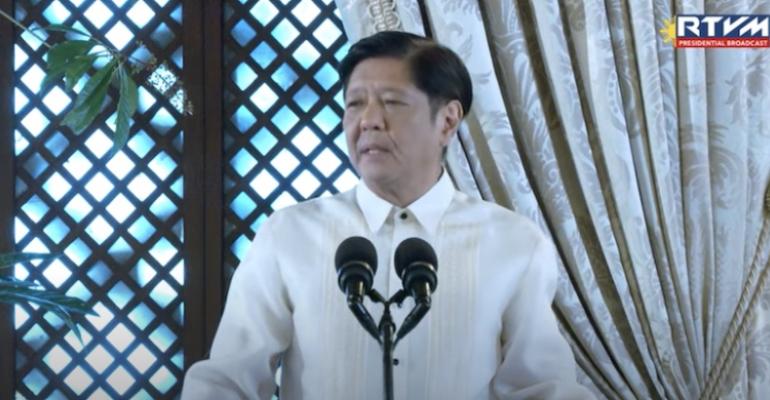The decision for the Philippines President not to sign the Act into law appeared to have been a sudden one with a livestream of the event in which two other pieces of legislation were signed into law listing the Magna Carta of Filipino Seafarers in the title.
The Presidential Communications Office said the bill was still under review, according on local reports.
Later in the day the House of Representatives adopted House Concurrent Resolution No. 23 which recalled the bills from the Office of the President, the Philippine Inquirer reported.
It reported District Rep. Rufus Rodriguez as saying the bill was withdrawn over issues of jurisdiction that would transfer of jurisdiction of disputes from the Philippines Department of Labor and Employment (DOLE) to the International Labour Organization (ILO).
The proposed bill was certified as urgent by the President in September last year and seeks to rectify recurring deficiencies in the domestic laws on the training and accreditation of Filipino seafarers.
“The President also said that the bill guarantees to the international community that the Philippines will comply with its obligations of ensuring that Filipino seafarers' training, facilities, and equipment are at par with the international standards and those set by relevant international conventions," Malacañang (the Presidential Palace) was quoted as sayng at the weekend ahead of the expected signing.
President Marcos Jr was personally involved in resolving long running issues with the European Maritime Safety Agency (EMSA) over the standards of seafarer training in the Philippines which had threatened a ban of 50,000 Filipino officers from European-flagged ships for over a decade.
In April 2023 the European Commission said it would continue to recognise Filipino seafarer certificates as the country pledged to improve the system for training and certifying seafarers.
The Magna Carta on Filipino Seafarers would enshrine into domestic law the compliance with international standards on seafarer training.
It was not though popular with the Philippines maritime training industry which churns out around 30,000 seafarers a year of which only around 5,000 will ever serve on board a vessel.
Last year the Philippine Association of Maritime Institutions described the Magna Carta as a “death sentence to Philippine Maritime Education and Training”. The association expressed its “strong opposition to Chapter AVII (Shipboard Training of Cadets) of the Consolidated Bills on the Magna Carta of Filipino Seafarers”.
On 23 February 2023 in an open letter the Philippine Coastwise Shipping Association (PCSA) called on the President to veto the bills. It warned that the Magna Carta would unnecessarily burden the domestic shipping sector, and “kill the domestic shipping industry and ultimately the seafaring industry”.
The Philippines is the world's largest supplier of seafarers to international shipping.

